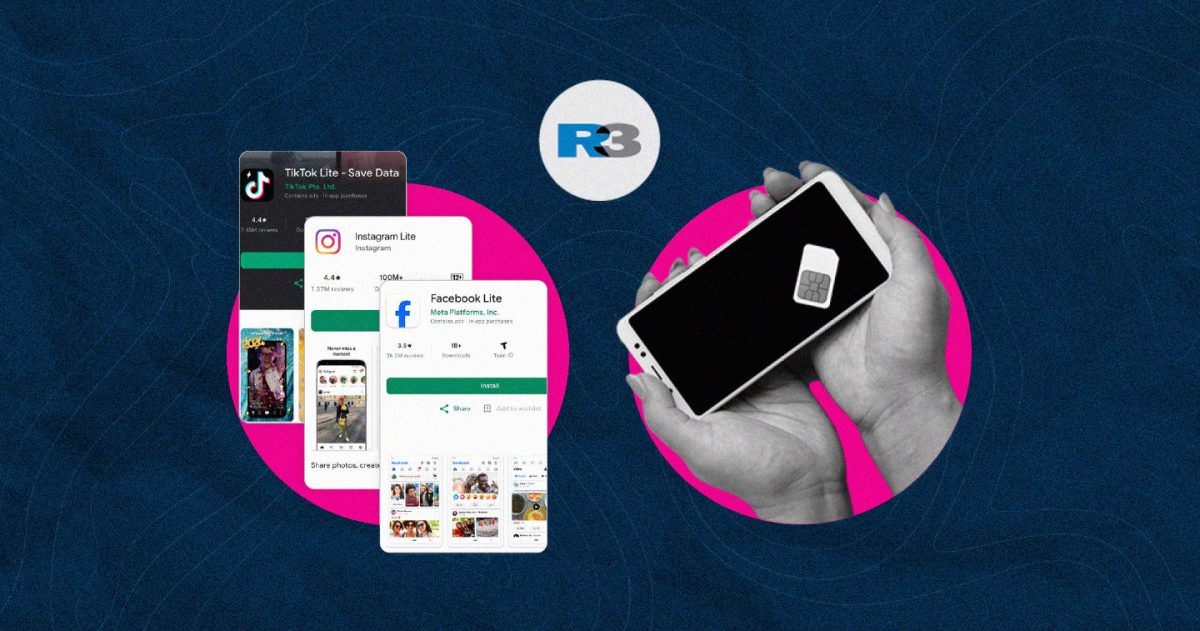This article was written by Greg Paull, Co-founder & Principal, R3
Each time we sit through a media pitch, we never fail to be impressed when the agency showcases their proprietary suite of media planning and buying tools.
These are always demonstrated with impressive charts showing potential cost efficiency savings backed up with successful case histories and ‘black box’ live demos. This is usually the point in the pitch that ‘showcases’ how the various tools such as market prioritizes, budget allocators, flighting plan simulations, awareness modelling, channel mix allocators and TV spot plan optimizers can all be used to squeeze the maximum bang out of the media buck.
The biggest media agencies have whole ‘toolkits’ to solve just about every media planning and buying question including a fast-expanding array of digital and new media planning tools plus an avalanche of proprietary consumer insight and media touch-point research too.
And they all come with their own brand names – just in case you were in doubt that the tools were really proprietary.
Out of Sight, Out of Mind
But as powerful as some of these tools are, when we sit with both sides reviewing on-going work and media performance, all too often we don’t always see these tools. There is no mention of the thinking behind them or evidence of them being put into practice. This is a huge lost opportunity for both marketers and agency planners.
‘Lack of time’, ‘too complicated’, ‘we don’t have the right inputs’, and ‘they tell us what we already know’ are the most common reasons given for not fully leveraging these valuable resources.
Sure, agency planners can sometimes be overly optimistic about the efficiencies these tools can really generate, and yes, time is always a problem here, but even with these limitations we would argue that anything that takes some of the intuition or ‘guesswork’ out of planning and buying can only be a good thing. At the very least, building a media plan using the appropriate tools can:
- Directionally point the way
- Act as a ‘base plan’ to build on
- Set annual buying guidelines
Getting the Most Out of Your Investment
We have seen numerous instances where planning and buying tools have helped build plans that result in significant improvements in both planning effectiveness and buying efficiency.
A good place to start is by working through six key questions:
1/ What are my most important media issues?
When it comes to investing your budget, everything is important. There may be a tool for solving nearly every problem in the agency’s toolbox, but realistically start by identifying your top one or two most important media issues and focus on solving/resolving them first.
2/ What tools does the agency have and can they really make them work in this market?
Time for an update from the agency team. Most big agencies will have a ‘suite or toolkit’ of planning and buying tools. Most will have been ‘recalibrated’ to work with local audiences and market data.
3/ Can I see non-confidential or anonymous case studies of how some of these tools are currently being used?
The agency is usually more than happy show these but be sure to ask for current examples to make sure the findings are relevant and realistic.
4/ What data inputs do I need to share with the agency?
Most common client inputs are sales and/or awareness tracking data. The more frequent the interval point (e.g. weekly vs quarterly data), the more conclusive the output. Some tools, such as spot schedule optimizers, don’t need any client input.
5/ Can I really give the agency the time to implement this?
What we know from experience is that time spent upfront will save both time and money once the campaign gets underway.
6/ Can I afford to test and learn and follow the recommendations of this approach?
We would encourage all marketers to allocate a percentage of time and money to testing alternative approaches. The real question is: “Can I afford not to?”
So to keep getting the best of your agency’s thinking, it is well worth spending an hour or so with your agency planning and insight teams to get the latest updates on how some of these tools can be used, or used more frequently and deeply, to really ‘buy more for less’ as the pitch chart says!
Originally published in Marketing Malaysia





